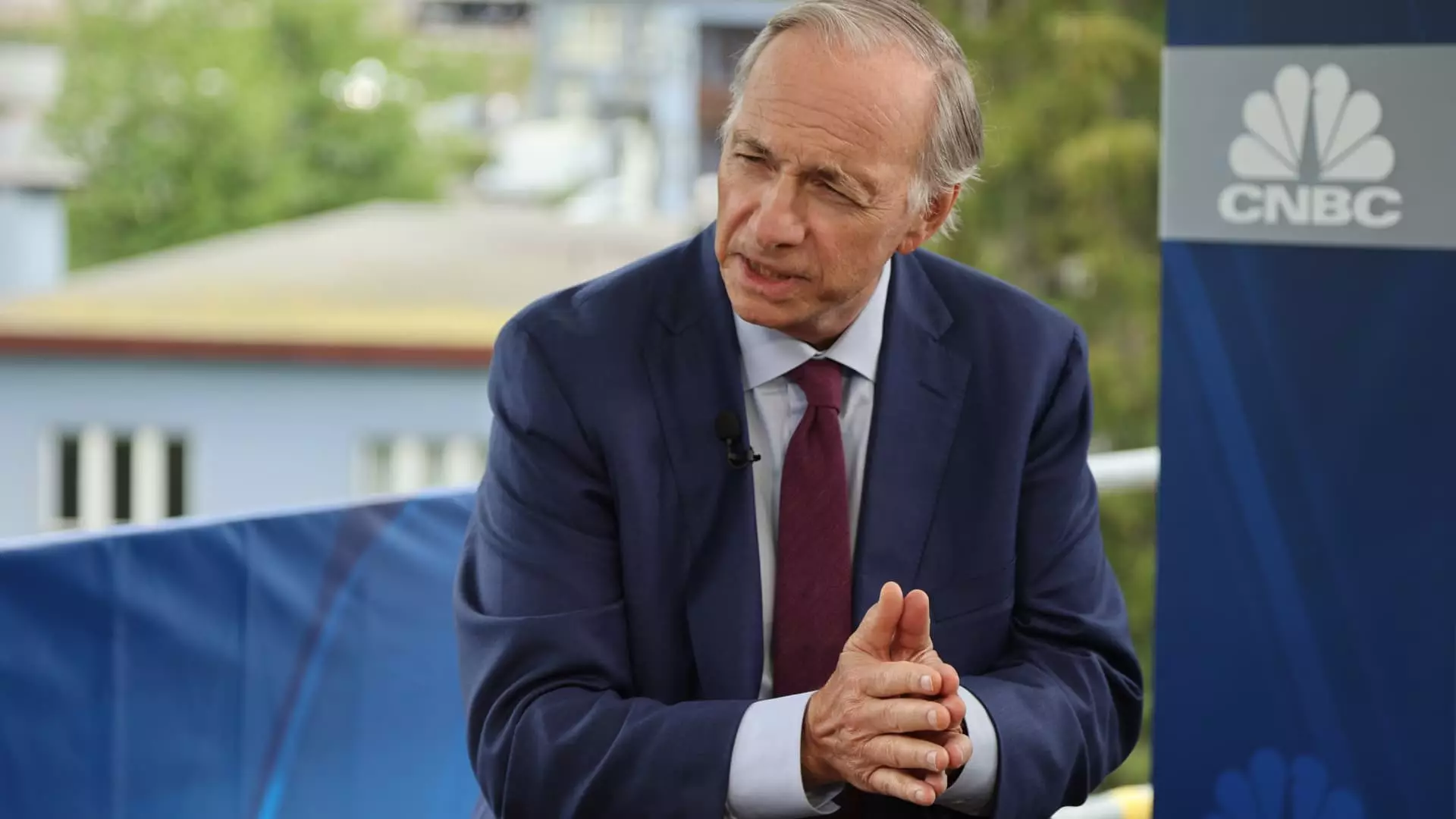Ray Dalio, the prominent founder of Bridgewater Associates, recently emphasized the unprecedented importance of the upcoming 2024 U.S. elections. He asserts that these elections may very well be the most critical of his lifetime, a sentiment that reflects the current political climate marked by severe polarization and confrontation. The increasing polarization between political parties raises questions about not just the choices available but the very foundation of democracy in the U.S. Dalio’s perspective underscores the potential risks, including the alarming possibility of an unorderly transition of power post-election. The mere notion that election results might not be accepted highlights a disturbing trend within American politics.
Dalio advocates for a “strong leader of the middle,” emphasizing the necessity for moderate voices to merge and facilitate governance that transcends partisan lines. He posits that the nation requires leaders who focus on broad-based prosperity rather than allowing a “win-at-all-cost mentality” to dominate political strategies. This mentality cultivates division, complicating negotiations and cooperation. The increasing unwillingness to compromise is troubling, as democracy thrives on dialogue and collaboration. The values of community and collective decision-making must be restored in order to address the pressing issues facing the country.
The stark differences between Republican and Democratic ideologies are evident, especially on contentious topics such as abortion, immigration, and climate change. Yet, despite the ideological chasm, there exists common ground in areas of immediate concern, such as inflation and the soaring costs of living. Polls consistently reflect these anxieties shared across the political spectrum. This intersection of concerns could serve as the foundational platform for moderates to reassess their strategies and advocate for common-sense reforms that resonatively serve the American public.
Dalio’s reflections extend beyond political maneuvers; they delve into societal implications of governance. He points out that while certain sectors of American society, such as educational institutions, have thrived, these successes have unfortunately supported a limited demographic. For democracy to function effectively, broad-based prosperity must be established—enabling all citizens to access opportunities. He cites Singapore as a model that exemplifies the importance of education and social services, highlighting that a society excelling in both order and opportunity can lead to greater collective success.
Dalio’s insights present a clarion call for unity amidst division. For the U.S. to navigate its most consequential electoral cycle, it is imperative for moderate voices to step forward and champion collaboration. The upcoming elections hold the potential for transformative change, but only if society can gather the collective will to prioritize inclusivity and address shared priorities. The quest for broad-based prosperity can bridge the divide, ultimately fostering a more resilient democratic framework. In this environment, the nation may not only preserve its democratic values but also pave the way for a more equitable society.



Leave a Reply